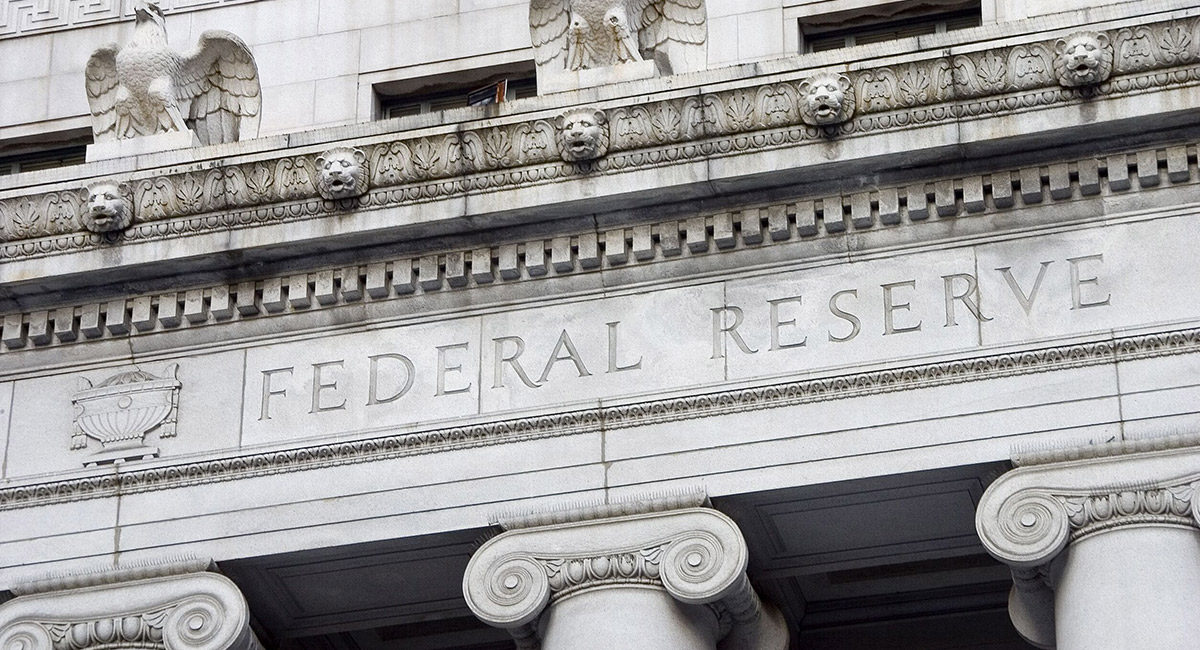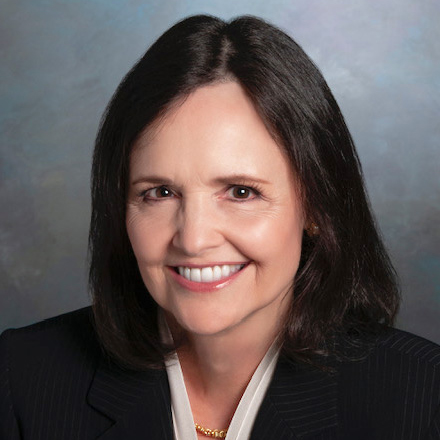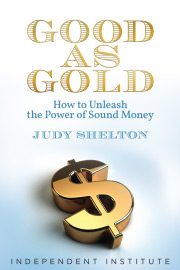Let’s say you knew for certain—no one does, no matter how confidently they assert it—but let’s say you knew for certain that a global financial collapse of unprecedented magnitude would strike within the next 18 months, taking down the world economy with it. Would it matter who America’s president was? Would it matter who was running the Federal Reserve?
In other words: Can anyone prevent such a devastating event?
The reason such a scenario is worth imagining at this point now is because the next GOP presidential debate is scheduled to take place on Oct. 28. Hosted by CNBC, the business news television channel, we can expect moderators to focus on the economy. They will likely frame their questions so as to delve into the mindset of potential White House occupants on issues pertinent to Wall Street and to tease out policy details on tax plans, budgetary issues, energy and immigration proposals.
But what about the Federal Reserve? How can we gain insights on how candidates view the Fed and its role in the economy—its powers and prerogatives? What do they have to say about monetary policy and its impact on growth, for good or bad, or whether they see any connection between zero interest rates and wage stagnation? Has the Fed been creating a bubble these past few years?
If people are hungry to learn what presidential candidates think about our nation’s central bank and its enormous influence over financial markets and economic developments, it’s because not one word was said during the prior two GOP televised debates about the Federal Reserve. Not one word. This seems inconceivable, given that a scheduled presidential debate in late-September 2008 between Republican nominee John McCain and Democrat Barack Obama had to be canceled so that both candidates could race back to Washington to deal with the breaking global financial crisis.
We’ve been grappling with its devastating consequences for the real economy ever since. The Fed, by its own admission, has been the main government actor in attempting to foment recovery even as we have yet to fully explain our central bank’s role in the earlier debacle. What could be more important than discussing whether seven years of cheap money in the aftermath of 2008 has rectified our economic situation—or has instead created an even worse financial calamity that now looms on the horizon?
Perhaps the Democratic presidential debate on Oct. 13 will uncover meaningful differences between Hillary Clinton and Sen. Bernie Sanders (I-Vt.) with regard to their views on the Fed. There were virtually none in 2008 between McCain and Obama, who both signed on to the extraordinary government rescue plans cobbled together by then-Fed Chairman Ben Bernanke and then-Treasury Secretary Henry Paulson. But while Sanders earlier called for Fed “accountability” in a way that suggested he believed its officials should bear responsibility for their decisions, both he and Clinton have now latched on with glee to the narrative being pushed these days by Bernanke himself.
Bernanke blames the 2008 disaster not on monetary misjudgments but rather on greedy individuals at financial firms; he thinks more of them should have gone to jail. Meanwhile, the man who was captain of the helm when the crisis was brewing is taking a sort of victory lap this week in conjunction with the release of his new book, The Courage to Act: A Memoir of a Crisis and Its Aftermath. The essential narrative of Bernanke’s tome is that he and his colleagues saved the world economy by arranging massive bailouts for failing institutions, setting up currency swaps with foreign banks and then by pushing interest rates to zero through the purchase of vast amounts of Treasury debt obligations. These unparalleled government interventions are portrayed as bold and imaginative moves.
For people who find it hard not to gag at the notion that Bernanke is a hero, it’s a hard sell to justify the Fed’s actions. There is no excuse for having put the private sector on permanent life support, addicted to easy money and paper profits. But even for those who applaud what was done at the time to reopen banking and credit lines that had seized up—such as business magnate Carl Icahn, who thinks the Fed’s policies were warranted back then to stem financial panic but now are fueling dangerous asset bubbles—we have arrived at a critical juncture.
Outside of hiking interest rates, an action that engenders considerable risks of its own, there are no obvious answers for getting us back to normal monetary policy. Which raises the larger issue of whether “normalcy” means continuing to allow our central bank to decide what is the appropriate price of capital, i.e., the interest rate. Should we perpetuate our current approach to regulating the money supply, which relies on the discretionary judgment of a small committee of Fed officials entrusted with the task of fixing the benchmark rate on loanable funds? It’s a stark question, one that goes to the heart of asking what works best—free markets or central planning—and thereby challenges both the rationale for the Federal Reserve and its record.
The timing couldn’t be better, as the next GOP debate will take place within hours after the Fed announces its latest interest rate decision in the long-running drama over whether the economy is capable of tolerating a one-quarter-of-one-percent rise in the interest rate after seven years of zero.
Republican candidates should be prepared to talk about the impact of next-to-nothing returns on savings accounts for retirees; they should be able to explain how the Fed’s policies have discouraged loans to consumers and small business owners. Someone needs to point out that income inequality has been exacerbated by easy money, which benefits wealthy corporations and investors; it’s a hot-button issue that should not be ceded to redistributionist Democrats.
In short, if monetary policy does matter, we had better choose the right presidential candidate to enact fundamental reforms. We need someone who comprehends the full scale of the threat, someone who will compel Congress into acknowledging its constitutional responsibility to regulate how our nation’s money is calibrated to the needs of the real economy.
And if monetary policy doesn’t matter—because the next financial meltdown is already baked into the cake—then we are all in much worse trouble than we can imagine.









